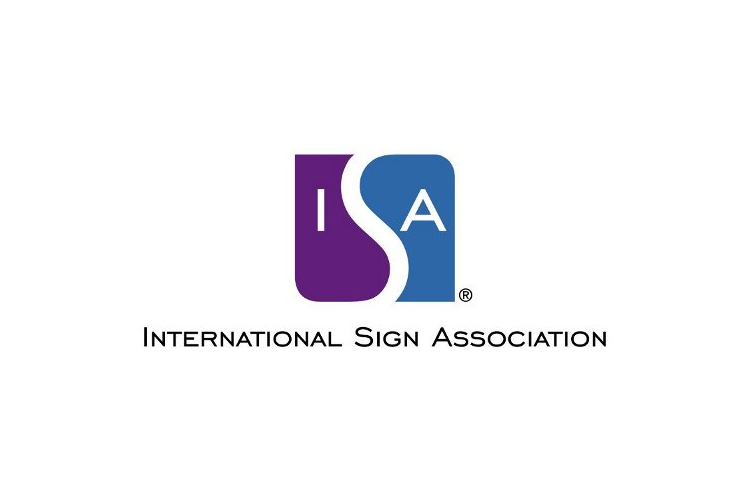The International Sign Association (ISA; Alexandria, VA) responded to Signs of the Times request for information made March 23.
Signs of the Times Editor-in-Chief Robin Donovan asked ISA Vice President of Advocacy David Hickey, Are sign companies considered essential services?
Hickey: We believe that we are! But we need to get clarification or confirmation on a state-by-state basis. Many of our industry’s customers are considered essential, such as groceries, pharmacies, gas stations, c-stores, banks, of course healthcare facilities … and even…marijuana dispensaries. As a service provider for these essential services, we believe [sign companies] are by extension essential as well.
Imagine the fast-changing healthcare industry as one example. Those who are instructed to take a coronavirus test may be directed to an out-of-the way location. Signs will point the way. But it’s not just healthcare companies. Groceries may need to inform customers of seniors-only hours. Banks need to tell customers that lobbies are closed and direct them to drive-thru or ATMs. These are just a few examples, and as this changes rapidly, our end users need to be able to inform and direct people, partnering with their sign provider.
Donovan: What are resources for sign companies who want to figure out #1?
Hickey: ISA is compiling the information available on a state-by-state basis. See that information at signs.org/bcrc. That information is continually being updated.
Advertisement
Donovan: Could it vary state by state…?
Hickey: Yes, depending on interpretations by states and even localities.
Donovan: What else does [ISA] know right now about this that sign companies should know?
Hickey: Even if sign companies are considered essential business, they need to identify exactly how many employees are needed to work on those specific projects. In most cases, it does not seem to be … ‘business as usual’ and companies need to understand the nuances so that they can fully comply. It’s also worth [pointing] out that two states, Pennsylvania and Delaware, specifically include Printing & Related Support Activities as businesses that can remain open and operating.
***
ISA also released an announcement on March 24 including the following: As of March 24, 2020, the following states have enacted closures that shutdown non-essential businesses: California, Connecticut, Delaware, Illinois, Indiana, Louisiana, Maryland, Massachusetts, Michigan, Nevada, New Jersey, New York, Ohio and Pennsylvania.
New information is likely to continuously develop as we face this evolving issue. To ensure you are caught up on the latest news, we encourage all sign, graphics and visual communications companies in states not listed above to be vigilant in monitoring their state legislative actions.
Visit ISA’s Business Continuity Resource Center for details on affected states and localities. You can also find a list of suppliers and distributors who are open for business and can provide vital resources.
Advertisement
For updated information from ISA, click here.


 Tip Sheet3 days ago
Tip Sheet3 days ago
 Business Management2 weeks ago
Business Management2 weeks ago
 Women in Signs2 weeks ago
Women in Signs2 weeks ago
 Real Deal4 days ago
Real Deal4 days ago
 Editor's Note1 week ago
Editor's Note1 week ago
 Benchmarks13 hours ago
Benchmarks13 hours ago
 Line Time2 weeks ago
Line Time2 weeks ago
 Product Buying + Technology1 week ago
Product Buying + Technology1 week ago














